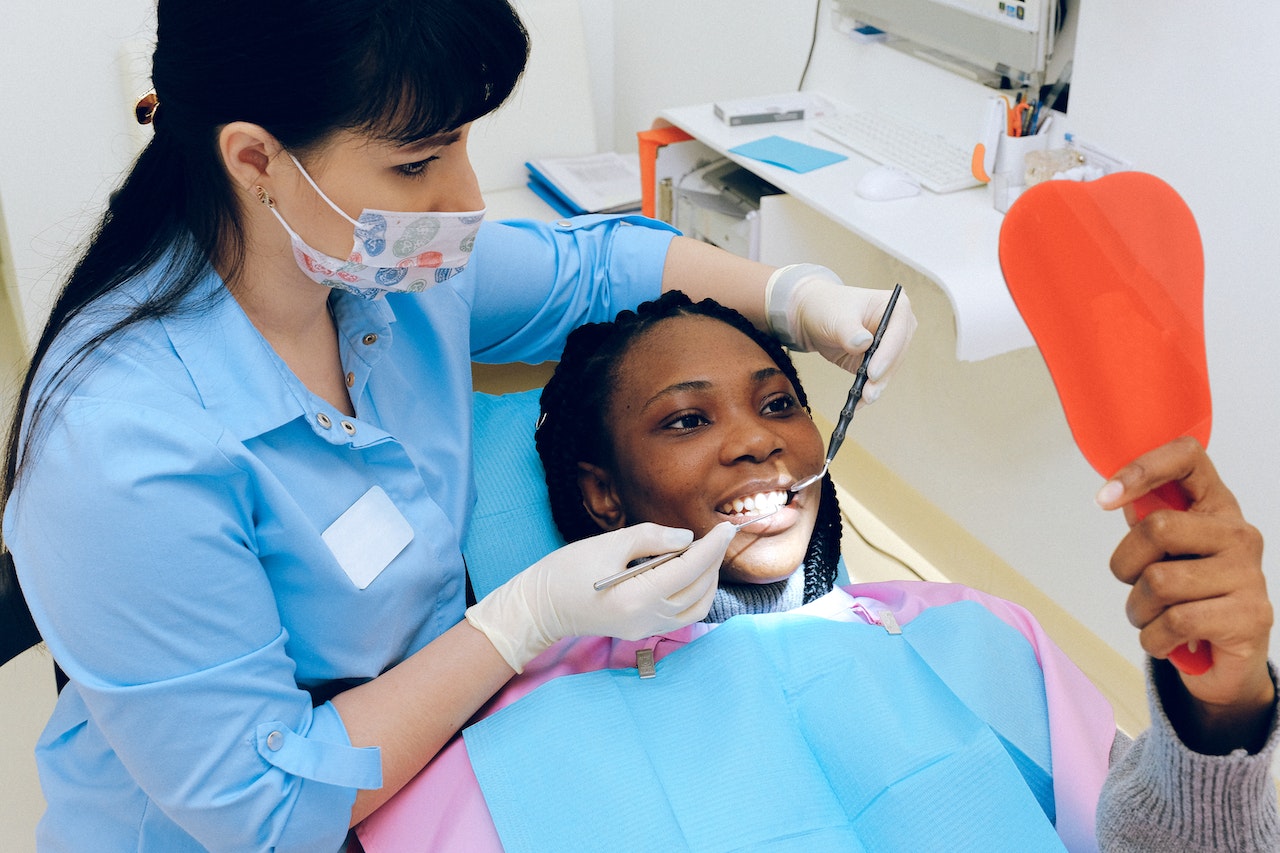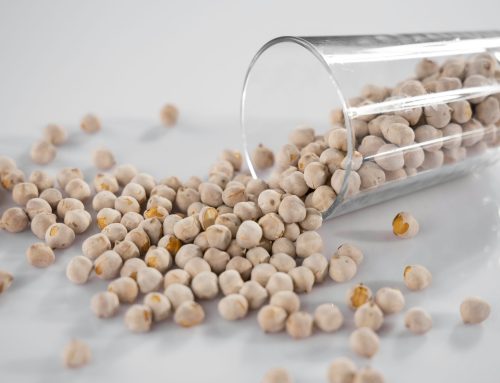Oral health, often taken for granted, is essential to our overall well-being. Yet, according to a report by the CDC, 47.2% of adults aged 30 years and older have some form of periodontal disease, a preventable condition mainly attributable to suboptimal oral hygiene.
Understanding how to maintain excellent oral health becomes pivotal as we navigate life. This article presents seven practical tips, each aimed to help you preserve your smile and boost your oral health, positively impacting your general health.
- The Power of Regular Brushing
A simple routine of brushing your teeth twice daily, ensuring you’re reaching all tooth surfaces, and using a soft-bristle brush, can keep many oral health issues at bay. Each brushing session should last at least two minutes, a short time to invest in long-term health benefits.
But it’s not just about brushing; it’s about brushing right. A worn-out brush doesn’t clean effectively. Therefore, replacing your toothbrush every three to four months or when the bristles fray ensures the effectiveness of your brushing routine.
Yet, despite our best efforts, sometimes we fall short, and oral health issues slip through the cracks. The neglect of brushing could invite poor oral hygiene, leading to tartar deposits and periodontal problems. In the worst-case scenarios, this neglect might lead to tooth loss; in extreme cases, one might lose all their teeth.
However, in the face of such adversity, don’t lose heart. Advances in modern dentistry offer multiple solutions to such problems. One such solution is an all-on-4 procedure, an innovative dental implant technique that provides a full set of teeth using as few as four implants. It allows individuals to regain the joy of chewing and renewed confidence in their smiles.
- Regular Dental Checkups are Essential
Adopting a preventative mindset is key to maintaining good oral health. Regular dental checkups best embody this approach, ideally every six months. These routine visits allow a thorough professional cleaning and comprehensive oral cavity examination.
Your dentist is trained to detect potential issues such as cavities or gum disease at their earliest stage, often before you experience discomfort. Early detection allows for timely intervention, which usually means simpler, less invasive treatments that are easier for your wallet and well-being.
Beyond this, dental checkups allow you to discuss any concerns or changes in your oral health. Open communication with your dentist will enable them to tailor their advice to your oral health needs.
- Don’t Forget to Floss
Brushing your teeth doesn’t always reach those pesky food particles and plaque that settle between your teeth. That’s where flossing enters the picture.
When you commit to flossing daily, you can navigate those tricky areas brushing might miss, thus reducing your risk of decay and gum disease. It’s like having an additional layer of insurance for your oral health.
Key reasons to floss daily include:
- Removes plaque between teeth
- Reduces risk of gum disease
- Prevents bad breath
- Decreases the likelihood of tooth decay
- Aids in the prevention of tartar build-up
Remember, the best oral hygiene routine is a consistent one. Incorporate flossing into your daily regimen, and you’ll take a crucial step toward better oral health.
- Understand the Role of Fluoride
Fluoride, a naturally occurring mineral, is incredibly important in combating tooth decay. It repairs the early stages of tooth decay, often before any visible signs emerge.
As you brush your teeth with fluoride toothpaste or rinse with fluoride mouthwash, you’re actively reinforcing your tooth enamel, making it more resistant to the acids that cause decay. But its protective action doesn’t stop there; fluoride can even reverse minor cases of decay by rebuilding the enamel structure.
Fluoride’s benefits are universally acknowledged within dental health communities. Its regular use is advised for maintaining natural teeth and ensuring the longevity and success of dental treatments.
- Mind Your Diet
A well-balanced diet benefits your body and profoundly impacts your teeth and gums. The foods you consume can supply essential nutrients needed for optimum oral health. You can ensure your oral health is supported as best as possible by consuming various foods from various food groups.
A tooth-friendly diet should include the following:
- Fruits and vegetables: High in water and fiber, they help balance the sugars they contain and clean your teeth.
- Lean proteins: Sources like lean beef, poultry, fish, and eggs are packed with phosphorus, a vital mineral for tooth health.
- Dairy products: Calcium-fortified products help strengthen teeth and bones.
To maintain a healthy smile, remember that your diet may be just as significant as your oral hygiene routines.
- Don’t Ignore Your Tongue
The texture of your tongue, with its numerous taste buds and crevices, makes it a convenient hideout for bacteria. Over time, this can lead to a build-up of plaque, which in turn contributes to bad breath and can even cause other oral health issues.
Just as you brush your teeth daily, cleaning your tongue should also be a non-negotiable part of your oral care routine. You can do this with a professional tongue scraper or even with your toothbrush if a scraper is not readily available.
Cleaning your tongue helps remove the bacteria and plaque contributing to oral health problems and is an easy way to freshen your breath.
- Avoid Tobacco Use
Whether smoking cigarettes or smokeless tobacco, tobacco use carries many harmful effects that extend to oral health. This habit can be detrimental, staining your teeth, causing gum disease, and increasing the risk of oral cancer.
Avoiding tobacco use can result in the following:
- Reduced risk of oral cancer
- Decreased likelihood of gum disease
- Less tooth staining and discoloration
- Fewer incidences of bad breath
- Lower risk of tooth loss
Quitting tobacco use might be challenging, but the benefits to your oral health and overall well-being make it worth pursuing. If you need help quitting, contact healthcare professionals for guidance and support.
Conclusion
Good oral health is a vital component of overall well-being. Brushing, flossing, and regular dentist visits are fundamental. However, don’t overlook diet, tongue cleaning, or the advantages of fluoride and dental sealants.
Stay away from harmful habits like consuming too much sugar or using tobacco. Remember, maintaining oral health is an ongoing commitment, but it’s worth every effort for the reward of a healthy smile. As with all health matters, reach out to a professional for personalized advice.








Leave A Comment